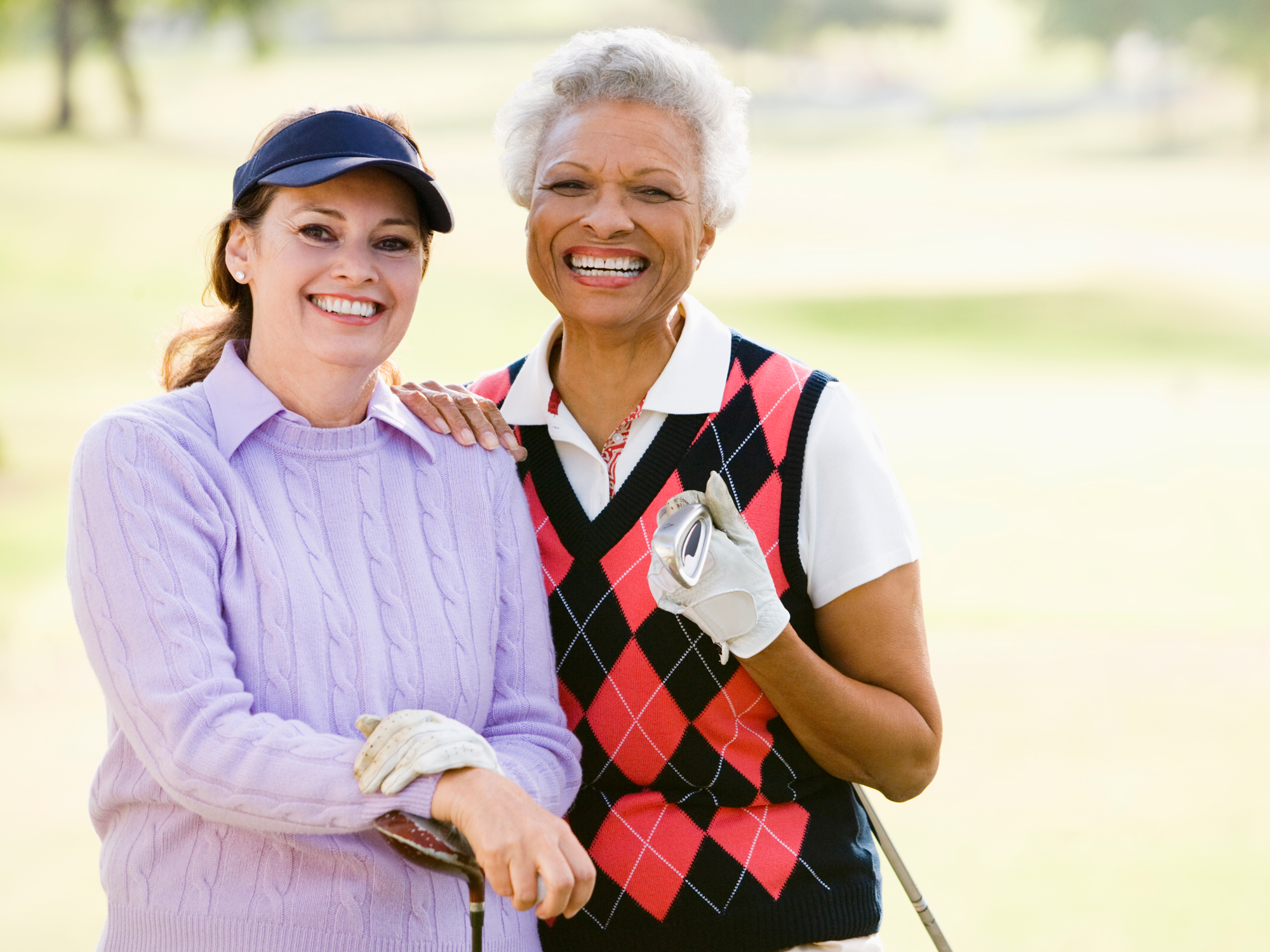Get Easy Health Digest™ in your inbox and don’t miss a thing when you subscribe today. Plus, get the free bonus report, Mother Nature’s Tips, Tricks and Remedies for Cholesterol, Blood Pressure & Blood Sugar as my way of saying welcome to the community!
The forgotten anti-fracture vitamin

Your rate of bone loss skyrockets in the 10 years following menopause and can leave you with low bone density, osteoporosis, and living in fear of falling and the fractures that result.
If you are getting close to or already in menopause, your doctor has probably told you to increase the calcium in your diet. They may have even written you a prescription that would supposedly help you avoid osteoporosis.
However, there is one vitamin that most doctors overlook that when taken along with calcium and vitamin D can help increase your bone density and decrease your risk of fracture by 25 percent… vitamin K.
In fact, one study showed that adding Vitamin K along with calcium and vitamin D to the diet of postmenopausal women could both reduce the number of fractures and increase survival.
So what Vitamin K should you use?
Vitamin K and your bones
There are actually two forms of vitamin K — K1 and K2 that can help your bones.
Vitamin K1 is from green leafy vegetables like collards, green leaf lettuce, kale, mustard greens, parsley, romaine lettuce, spinach, Swiss chard and turnip greens — as well as vegetables such as broccoli, Brussels sprouts, cauliflower and cabbage.
Vitamin K2 is made by bacteria in your gut but you can’t absorb it so you need an outside source. You can find it in some fermented foods and even raw milk cheeses.
Why is the fact that there are two different Vitamin Ks important?
Because that study we talked about on vitamin K and how it affects your risk of fracture and you’re your survival looked at both versions to find out which one worked best.
This is what they discovered…
While a combination of vitamin K1, D3, and calcium was found to reduce the lifetime probability of at least one fracture by 20 percent, adding K2 to vitamin D3 and calcium reduced it by 25 percent making vitamin K2 the winner when it comes to lowering your fracture risk and improving survival post-menopause.
The reason that K2 works so well with calcium and D3 lies in their synergistic effect.
You see, vitamin D3 helps your body absorb calcium.
At the same time, K2 helps calcium to reach your bones by activating a hormone called osteocalcin, which helps bind calcium to your bone. This makes sure calcium gets where you need it — your bones and doesn’t end up where you don’t need it — the walls of your blood vessels.
How to get vitamin K in your diet
Dietary sources like green leafy vegetables and fermented foods are good choices for increasing your vitamin K levels but many people may need to use a supplement to get enough K2.
The version of K2 that works best is MK7 which you can easily get in supplement form. 150-300 mcg daily is the normal dosage for health adults. However, talk to your doctor if you’re taking medications that put you at risk for bleeding.
And, remember… K2 doesn’t work in a vacuum. You need to take it along with calcium and D3 to get its bone-building benefits.
I recommend 1,000 – 5,000 IUs of vitamin D3. Fortunately, some of those same leafy greens that help with K2 also provide calcium in a whole foods diet.
You don’t have to fear osteoporosis and fractures when you take control of your health and start building your bone strength.
Sources:
-
Vitamin K supplementation for the primary prevention of osteoporotic fractures: is it cost-effective and is future research warranted? — Osteoporosis international
-
Vitamin K — U.S. National Library of Medicine













